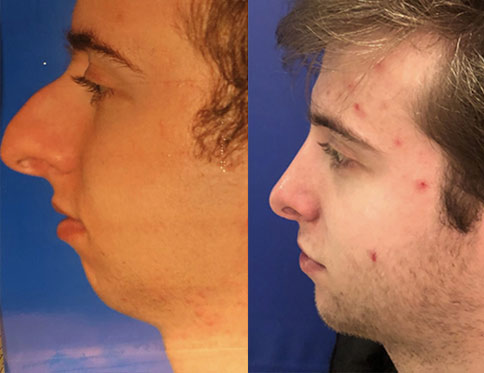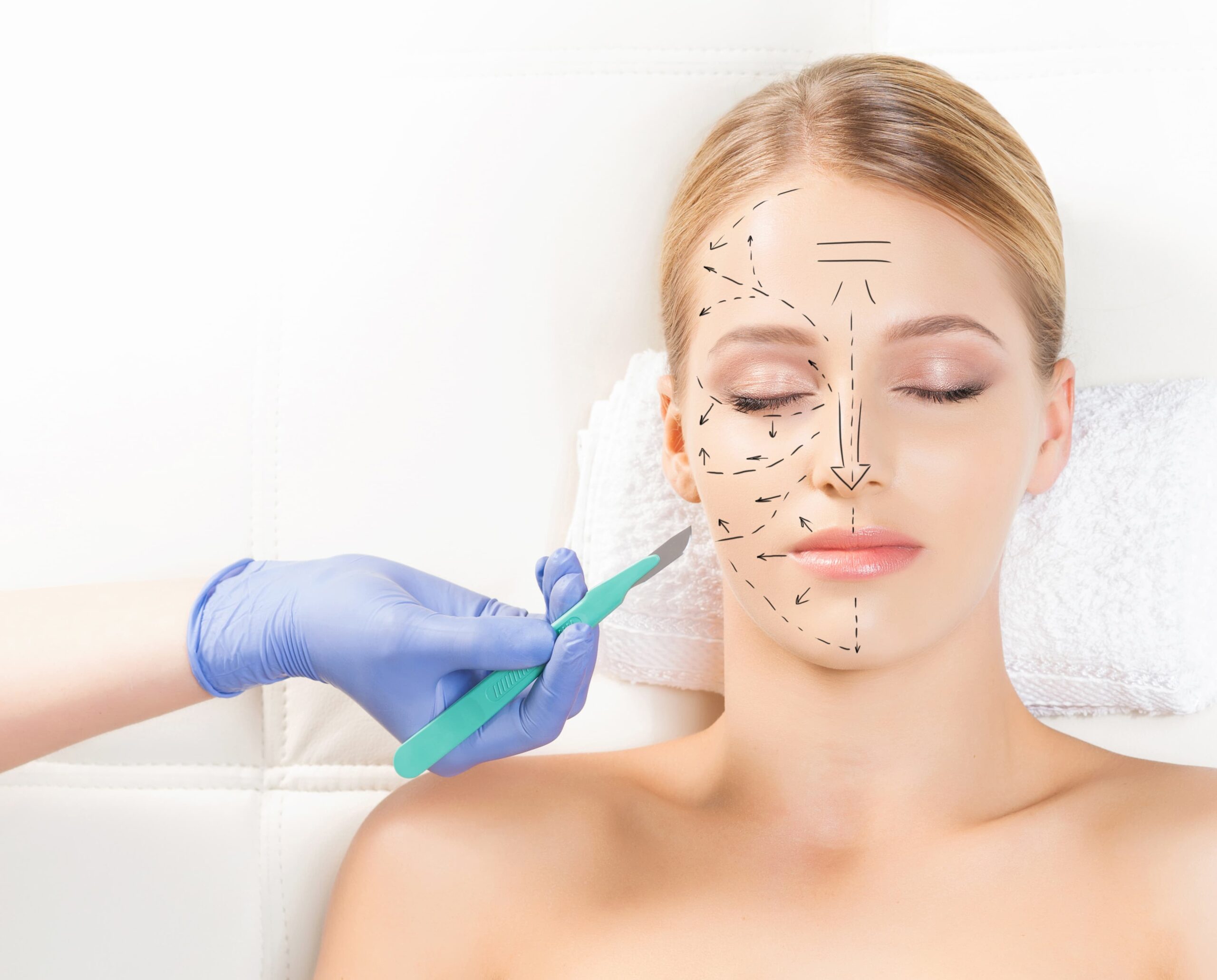A Deep Dive Into the Typical Reason for Looking For Plastic Surgery: Unpacking the Wish for Modification and Self-Improvement

Social Stress and Elegance Specifications
Frequently, social stress and prevailing elegance standards play a considerable role in individuals' decisions to go after plastic surgery (liposuction bellevue). In modern culture, aesthetic depiction greatly influences personal understandings of appearance, typically perpetuated by media, celebrity endorsements, and social platforms. These networks frequently advertise idealized versions of charm, leading individuals to internalize these criteria and examine their self-respect against them

In addition, these pressures are not restricted to certain demographics; they influence people throughout various ages, sexes, and backgrounds, highlighting the prevalent nature of beauty standards. This widespread influence increases vital questions regarding the principles of plastic surgery and the ramifications of social criteria on individual choices. Ultimately, understanding these pressures is important for fostering an extra comprehensive definition of beauty that commemorates diversity.
Individual Experiences and Transformative Stories
Several individuals who go through cosmetic surgical procedure record transformative experiences that prolong past mere physical changes. For several, these treatments act as a driver for boosted self-worth and a restored sense of identification. Patients frequently describe sensation freed from enduring insecurities, bring about increased confidence in both specialist and individual realms.
Take, for example, the story of a young female who went through boob job after years of sensation self-conscious regarding her appearance. Post-surgery, she reported not only a newly found comfort in her body however also a considerable renovation in her social life and profession chances. In a similar way, a middle-aged man who chose to undergo a facelift shared how the procedure rejuvenated his overview on life, prompting him to seek brand-new passions and partnerships.

Mental Factors Behind Cosmetic Surgical Procedure
Countless psychological elements contribute to the decision to go through cosmetic surgery, mirroring deeper mental and psychological health factors to consider. Individuals typically seek surgical enhancements as a means to address feelings of insufficiency, reduced self-worth, or discontentment with their look. These psychological inspirations can be rooted in previous experiences, social comparisons, or individual ambitions.
Body image distortion is a widespread problem, where people regard their physical attributes in an exaggeratedly adverse light. This distortion can lead to compulsive ideas concerning perceived problems, triggering the wish for surgical modification as a solution. Additionally, the search of excellence and social stress can amplify these sensations, pressing people toward aesthetic procedures in hopes of accomplishing an idyllic variation of themselves.
In addition, the concept of self-improvement plays a crucial duty. Several people check out plastic surgery as a path to improve their top quality of life, believing that boosted look will bring about enhanced social approval, better connections, or improved job chances. Ultimately, the emotional aspects behind cosmetic surgery emphasize the complex interplay between specific self-perception and external impacts, revealing the diverse nature of the need for modification.
The Role of Media in Assumption
In today's society, media plays a crucial role fit assumptions of appeal and self-regard. With numerous platforms-- social networks, television, and marketing-- idealized requirements of charm are commonly disseminated, influencing specific desires and self-image. These portrayals often emphasize slim definitions of appearance, mostly featuring vibrant, slim, and electronically boosted photos, which can create impractical benchmarks for people aiming to adjust.
The effect of media is further exacerbated by the pervasive nature of social media sites, where users are bombarded with curated material that highlights aesthetic improvements, backing a society of comparison. This continuous exposure can cause feelings of inadequacy amongst visitors, triggering them to think about cosmetic surgical treatment as a way of accomplishing the regarded ideal. Research study shows that individuals who engage with check my source these media depictions are more probable to share discontentment with their appearance, reinforcing the wish for medical interventions.
Additionally, the normalization of cosmetic surgical treatment in media narratives can desensitize target markets, framing such treatments as commonplace and also required for social approval. Hence, the media's representation of elegance not only affects individual choices regarding cosmetic surgical treatment but also adds to a broader societal discussion concerning self-worth and identity.
Future patterns and moral factors to consider
Amid the expanding popularity of plastic surgery, honest considerations surrounding the method have come to be increasingly popular. As the demand for procedures rises, so as well do worries relating to notified permission, the emotional inspirations of patients, and the possibility for exploitation by cosmetic surgeons. It is crucial for experts to make sure that patients totally recognize the advantages and dangers, in addition to the implications of their selections, to foster a liable strategy to cosmetic improvements.
Furthermore, the impact of social media and appeal requirements raises inquiries concerning the effect on mental wellness, especially amongst susceptible populations. As understanding of body image concerns expands, moral practice necessitates a cautious assessment of the motivations behind surgical interventions. Doctors should balance patient desires with moral obligation, guaranteeing that decisions are rooted in real self-improvement instead of social pressures.
Looking to the future, patterns might move in the direction of non-invasive and technologically progressed procedures, emphasizing individual safety and security and complete satisfaction. Furthermore, the incorporation of mental examinations can aid resolve underlying problems prior to medical treatment. The cosmetic surgical treatment field need to adjust to these ethical challenges while advertising a society of transparency and self-acceptance, eventually prioritizing the health of people.
Final Thought
In verdict, the pursuit of plastic surgery is influenced by an assemblage of social pressures, personal experiences, and mental factors. The wish for positioning with dominating charm criteria, combined with the capacity for transformative end results, highlights the complex inspirations driving people toward these procedures. Furthermore, the function of media fit perceptions of elegance can not be underrated. As moral factors to check this site out consider evolve, future trends in plastic surgery will likely show recurring societal dialogues bordering self-improvement and individual identity.
Frequently, social stress and dominating beauty standards play a substantial role in individuals' decisions to go after cosmetic surgery. liposuction bellevue. Eventually, these read review transformative tales highlight the diverse factors people seek cosmetic surgery, linking individual development with the search of aesthetic improvement
Many individuals view cosmetic surgery as a pathway to improve their quality of life, believing that improved look will certainly lead to boosted social approval, much better connections, or enhanced profession chances. Eventually, the psychological factors behind cosmetic surgical procedure emphasize the complicated interaction in between specific self-perception and outside impacts, revealing the multifaceted nature of the wish for adjustment.
As honest factors to consider evolve, future fads in cosmetic surgery will likely reflect continuous social discussions surrounding self-improvement and specific identification. liposuction bellevue.